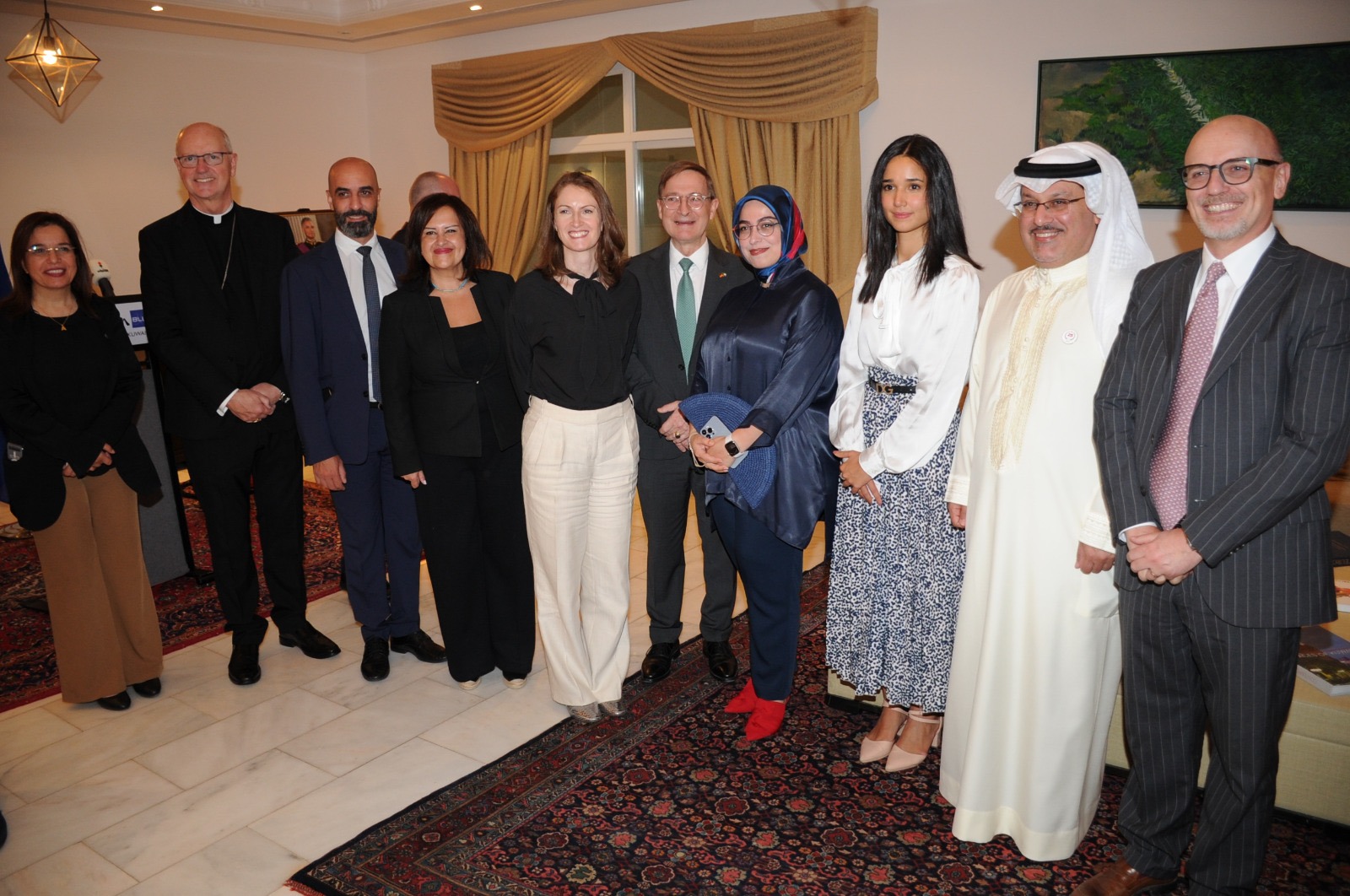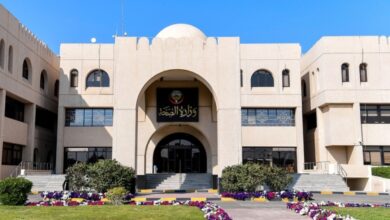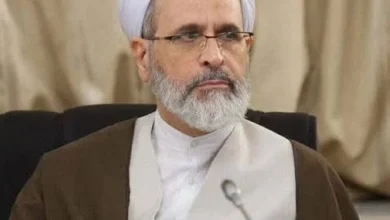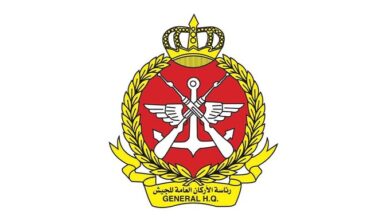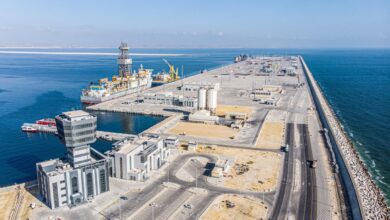Ceremonial reception held to hand over EU presidency
Hungary takes over 6-month rotating presidency
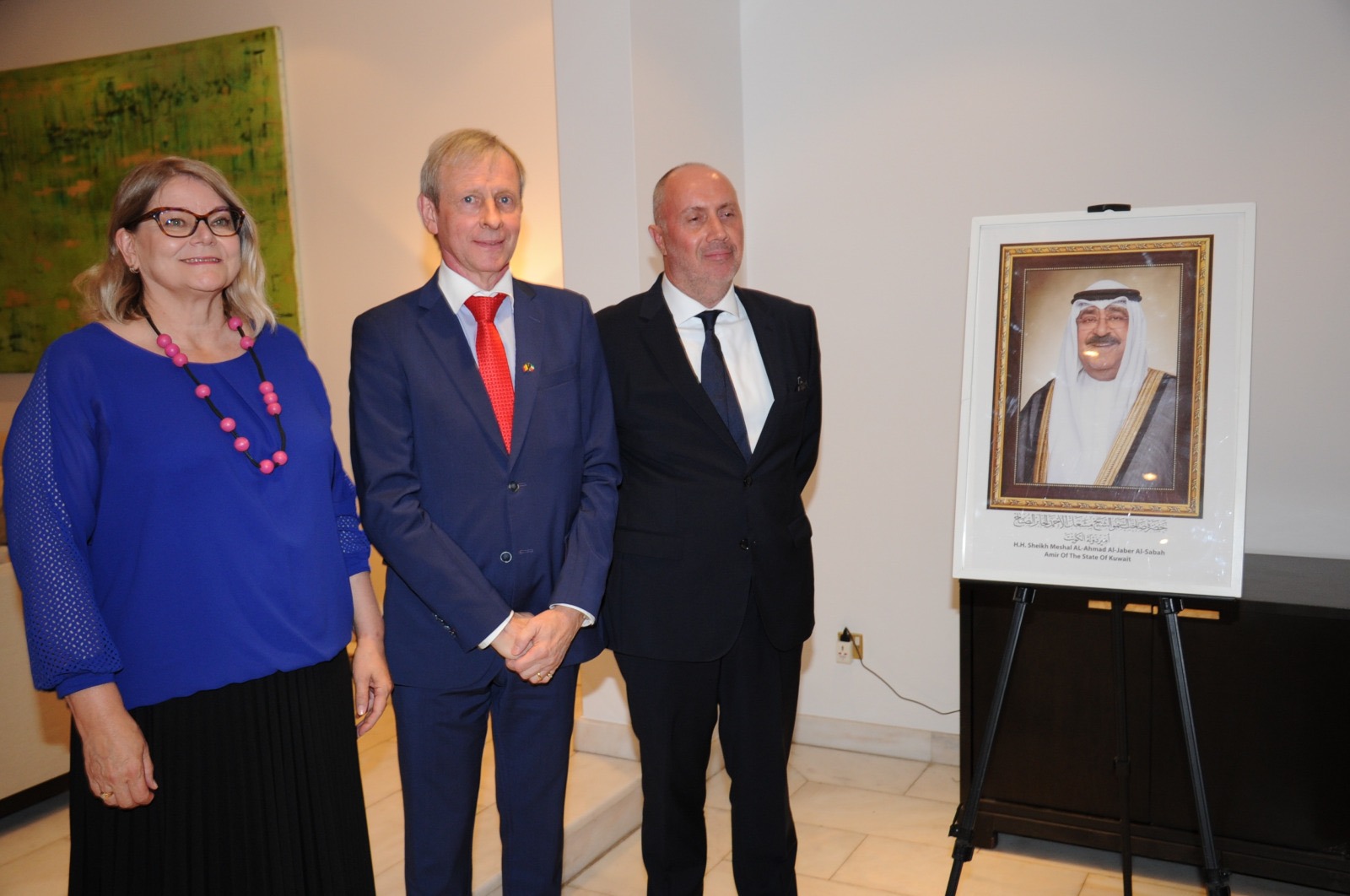
The Times Kuwait Report
A reception was held on Wednesday 28 Aug at the residence to Belgium Ambassador to Kuwait H E Christian Domes as part of the formality to officially handover the EU Presidency to the Hungarian Ambassador H E András Szábó.
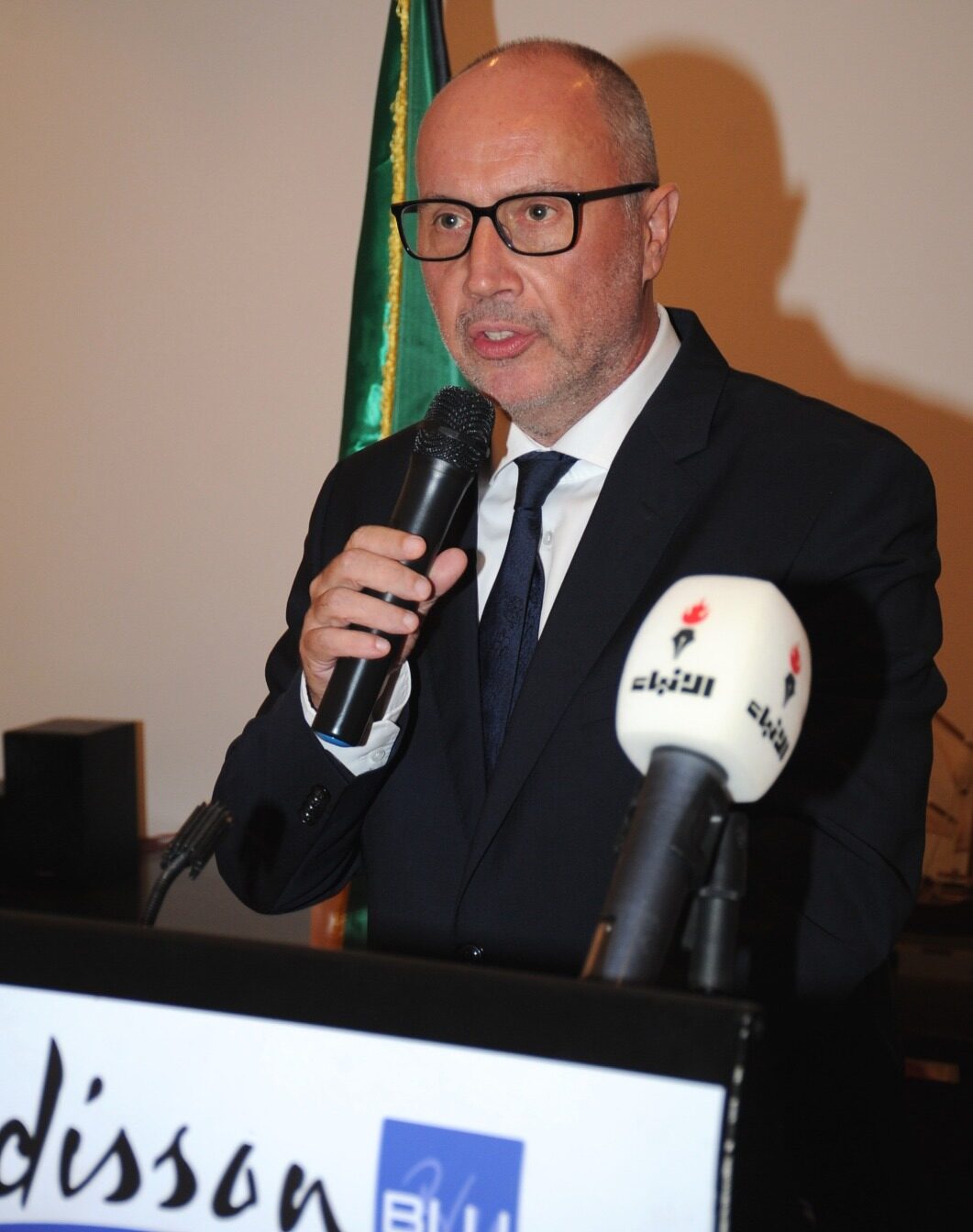
Welcoming the gathering of diplomats and media the Belgian Ambassador H E Christian Domes, spoke at length on the achievements of the Belgian presidency. During their presidency the ambassador pointed at triple Objectives which focused on three main goals: finalizing legislative files before the European Parliament’s dissolution, addressing ongoing crises, and preparing the EU for the future.
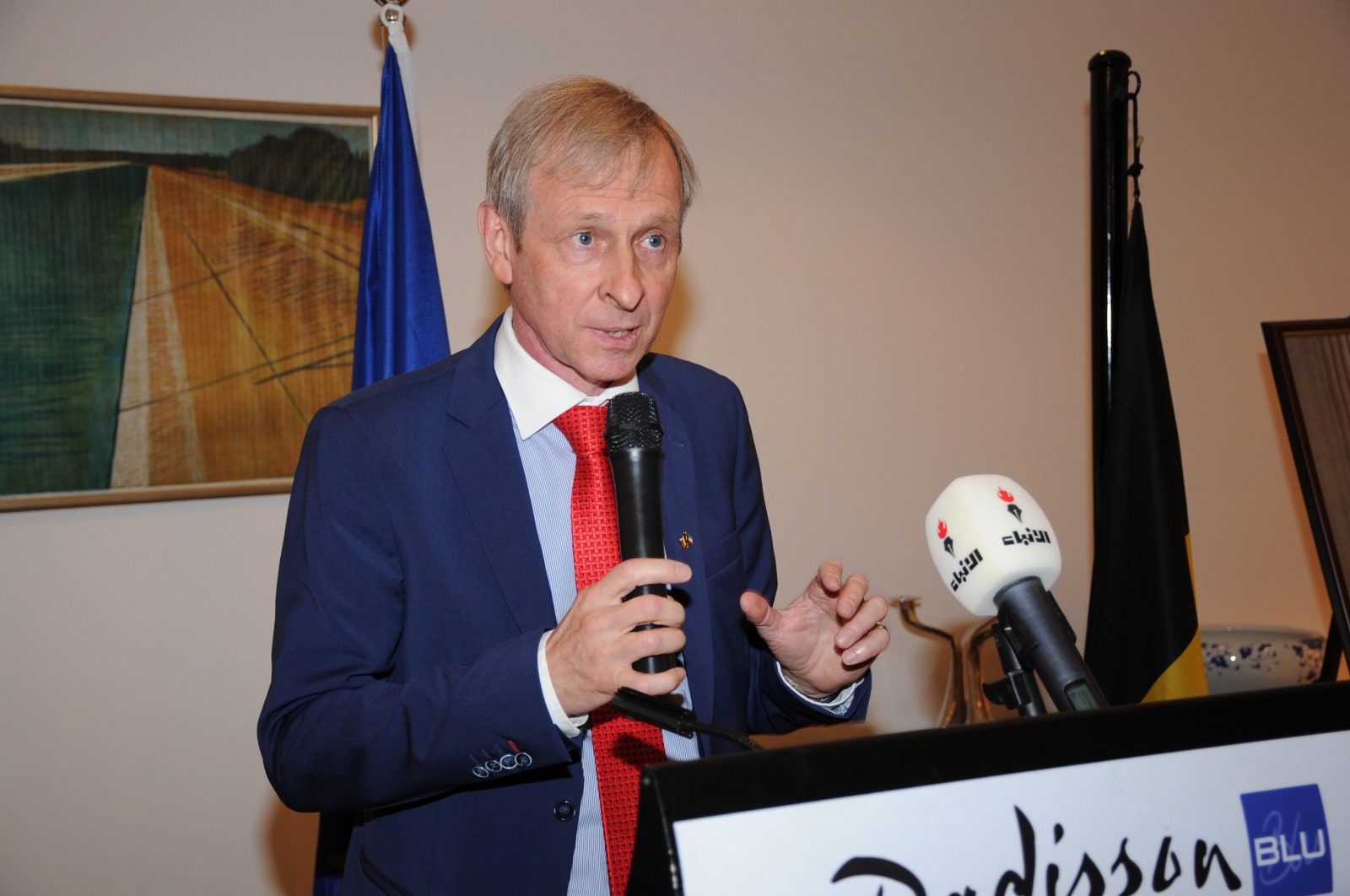
Elaborating on this he said driving forward Legislative Work included the BPEU (Belgian Presidency European Union) advanced the EU’s political and legislative agenda, finalizing agreements like the Migration and Asylum Pact, European Media Freedom Act, and AI Act. They also reached consensus on 74 additional files across six core priorities:
Defending the Rule of Law and Democracy,Strengthening the EU’s Competitiveness, Pursuing a Green and Just Transition, Reinforcing Social and Health Agendas, Protecting People and Borders and Promoting a Global Europe
Ambassador Domes said that they also enhanced Europe’s defence and preparedness, and bolstered its open strategic autonomy in trade matters. The BPEU strengthened international partnerships, by taking forward the midterm evaluation of the NeighbourhoodDevelopment and International Cooperation Instrument and taking stock of the Global Gateway Strategy’s implementation.
Preparing Europe’s Future
He said for the future, the BPEU prepared discussions for the next EU Strategic Agenda through informal councils and other events dedicated to different future-oriented topics. Further he said to ensure the EU is future-proof, they prepared a Progress Report on the Future of Europe, to inform the European Council Conclusions on a Roadmap for future work on internal reforms.
In conclusion he noted that at the start of their Presidency, they promised to deliver – and they did.They protected, strengthened, and prepared the EU for today and tomorrow. He also extended their best wishes to the upcoming Hungarian Presidency for a successful term.
This was followed by an address from EU Ambassador H.E. Anne Koistinen who praised Belgium for a very successful presidency from 1 January to 30 June 2024.
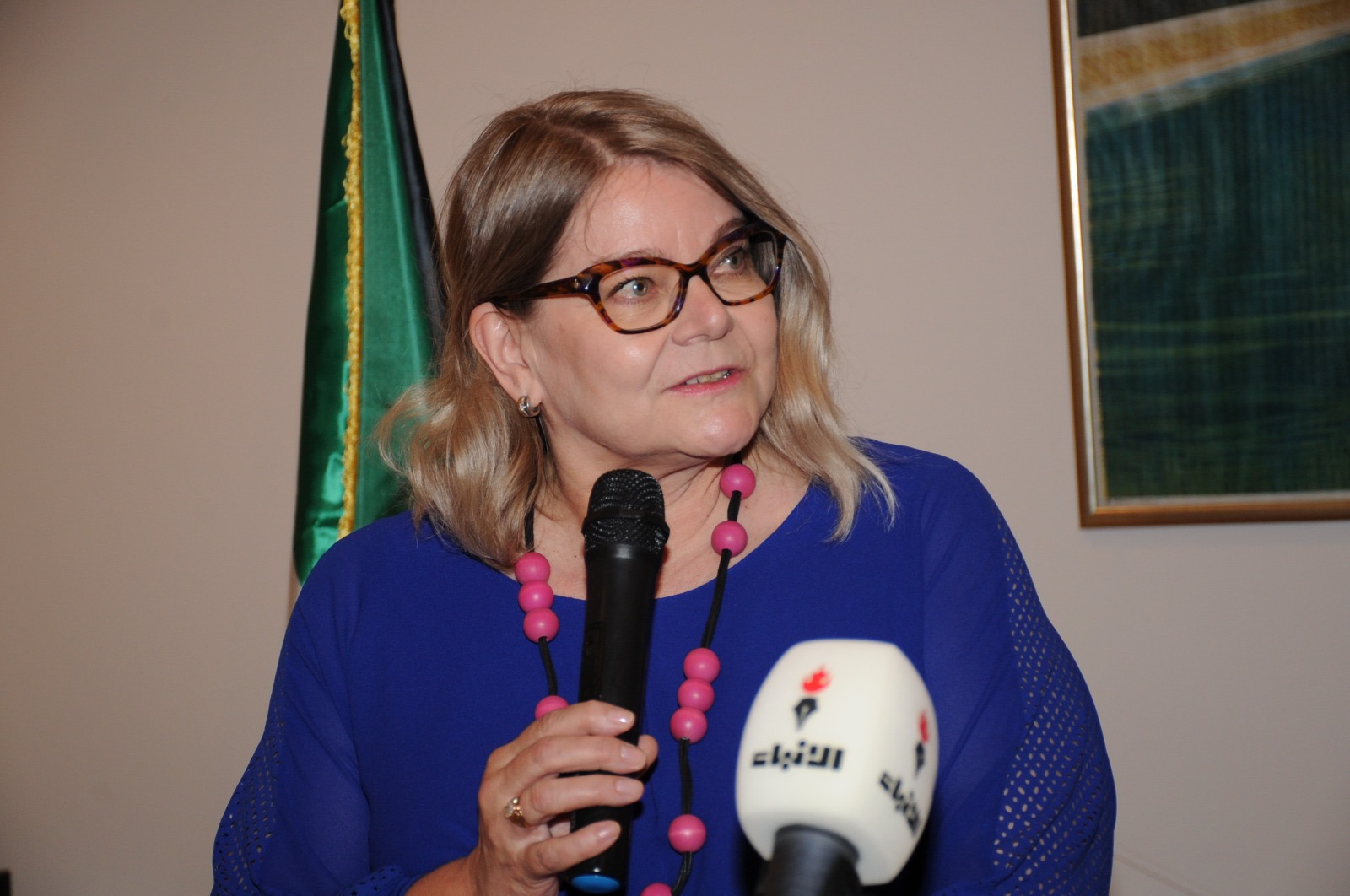
She praised the Belgian cooperation with EU locally and said that “Team Europe” spirit of the presidency was evident in all their workings. She also took the opportunity to congratulate and extend her best wishes to the Hungarian Ambassador for their Presidnecy of the EU council and looked forward to working with him
She also expressed deep concern about Gaza, “where a humanitarian catastrophe has been unfolding before our eyes over the past 10 months,” adding that the EU will continue to join efforts with Arab partners and those interested in peace to end the war in Gaza and advance regional de-escalation.
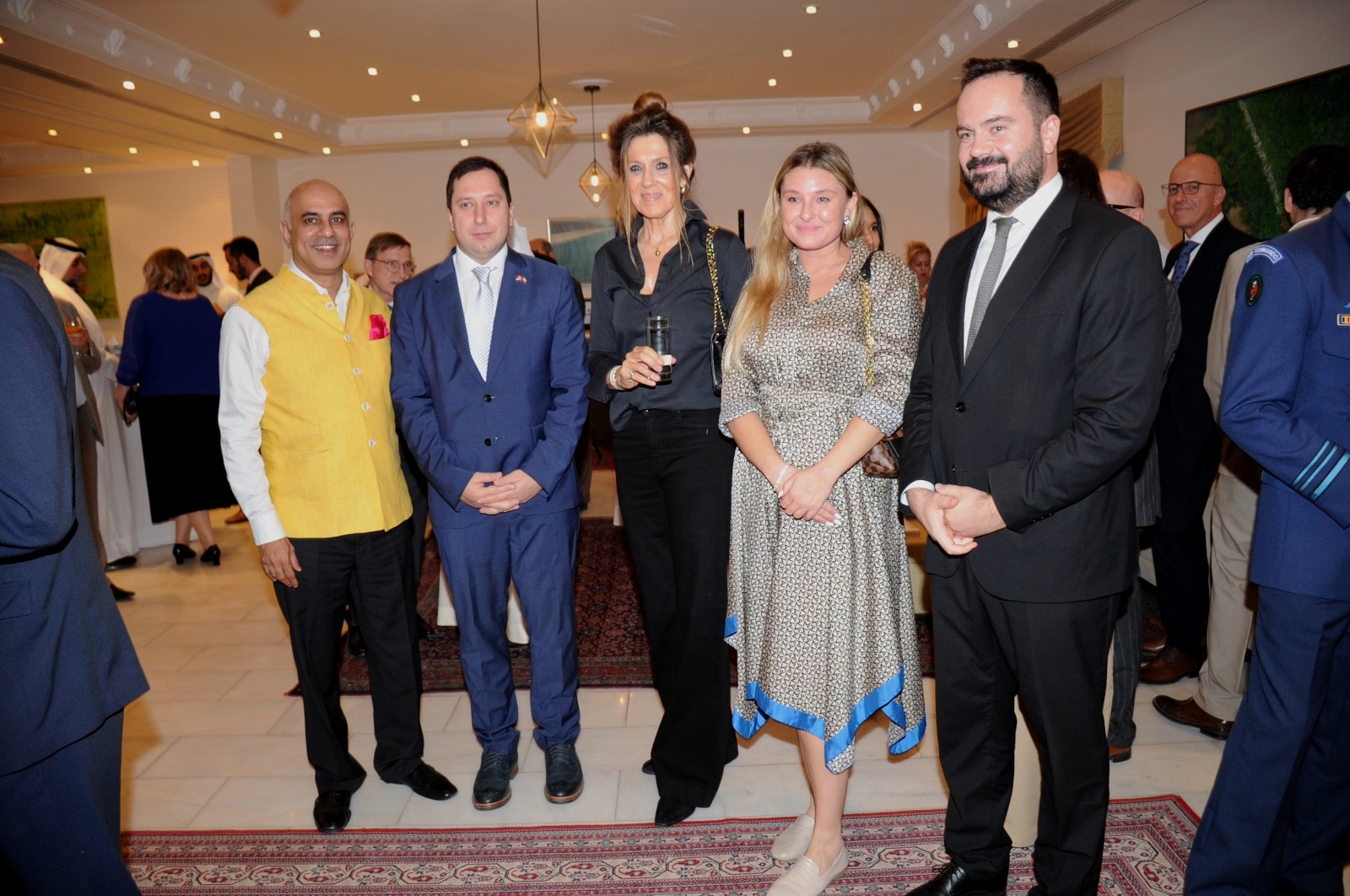
Hungarian Ambassador H E András Szábó. told the gathering that Hungary would work as an honest broker, in the spirit of sincere cooperation between member states and institutions, for the peace, security and prosperity of a truly strong Europe.
He noted that the Hungarian presidency came at a crucial period when it comes to the institutional cycle. We are just after the European Parliament elections – we are in the middle of an institutional transition period. In this period, the most important task for the Hungarian presidency is to ensure a smooth institutional transition and to assist the European Parliament (EP) and the European Commission (EC) in the transition process, and to represent the stability and continuity. This is so as during this period the Council and the Council presidency is the only institution that remains intact. So far, the Hungarian presidency has been successful in achieving this.
He said that in the current international context of multiple challenges, it was vital to improve the productivity and thus the competitiveness of the Union and its member states, and to stimulate growth.
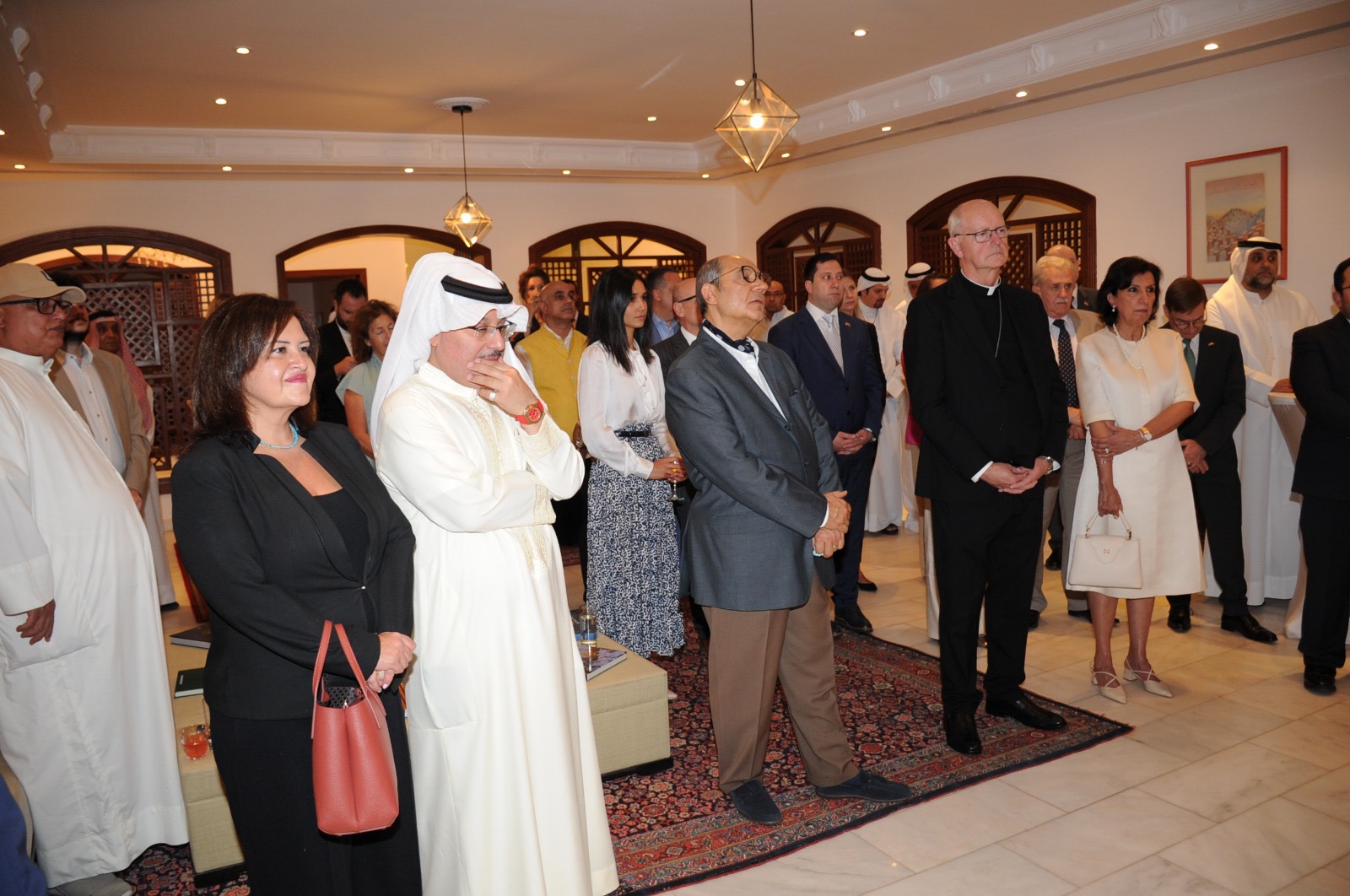
The adoption of a New European Competitiveness Deal is a key priority of the Hungarian presidency.
Ambassador Szabo pointed out that the Reinforcement of European Defence Policy was also on the agenda and the ongoing and emerging conflicts on the continent and around the world clearly demonstrate that Europe needed to significantly improve its defencecapabilities.
He also emphasized that that a Consistent and Merit-Based Enlargement Policy was one of the most successful policies of the European Union. To preserve this favourable tendency, it was essential to keep enlargement policy merit-based, balanced and credible.
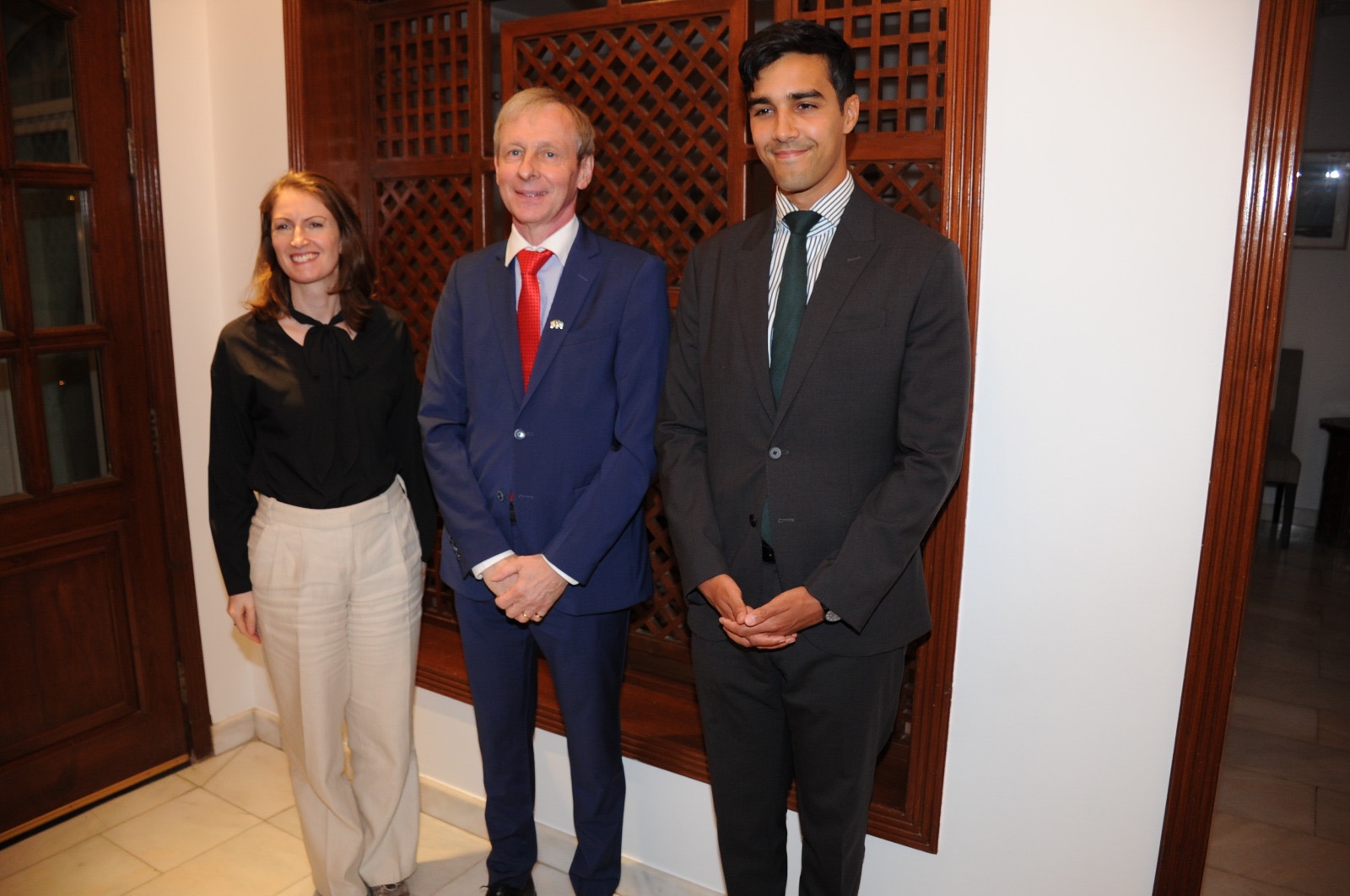
Other priorities on the agenda included Shaping the Future of Cohesion Policy, A Farmer-Centered EU Agricultural Policy, Addressing Demographic Challenges and stemming illegal migration.
Regarding the Middle East, he pointed that their common objective was to prevent a regional escalation of the conflict, alleviate the suffering of innocent civilians, and resolve the humanitarian crisis. To this end, particular attention is needed for the immediate and safe delivery of humanitarian aid to the civilians in need in Gaza. As another priority, the Hungarian Presidency will strive to ensure the significant role of the EU in the long-term political settlement of the conflict.
The Hungarian Presidency will support more active cooperation with the Gulf countries by implementing the Joint Communication: A Strategic Partnership with the Gulf. We will strive to enhance EU-GCC relations in the fields of security, counterterrorism, energy and green transition, people-to-people contacts, trade, and investments. The Hungarian Presidency intends to step up EU efforts to restore regional stability and the security of supply chains in the Red Sea region.
In conclusion, Ambassador Szábó welcomed the first summit of its kind between the European Union and the Gulf Cooperation Council, which will be held next October 16 in Brussels, revealing that his country’s Foreign Minister, Peter Szijjártó, will visit Kuwait on September 5.
